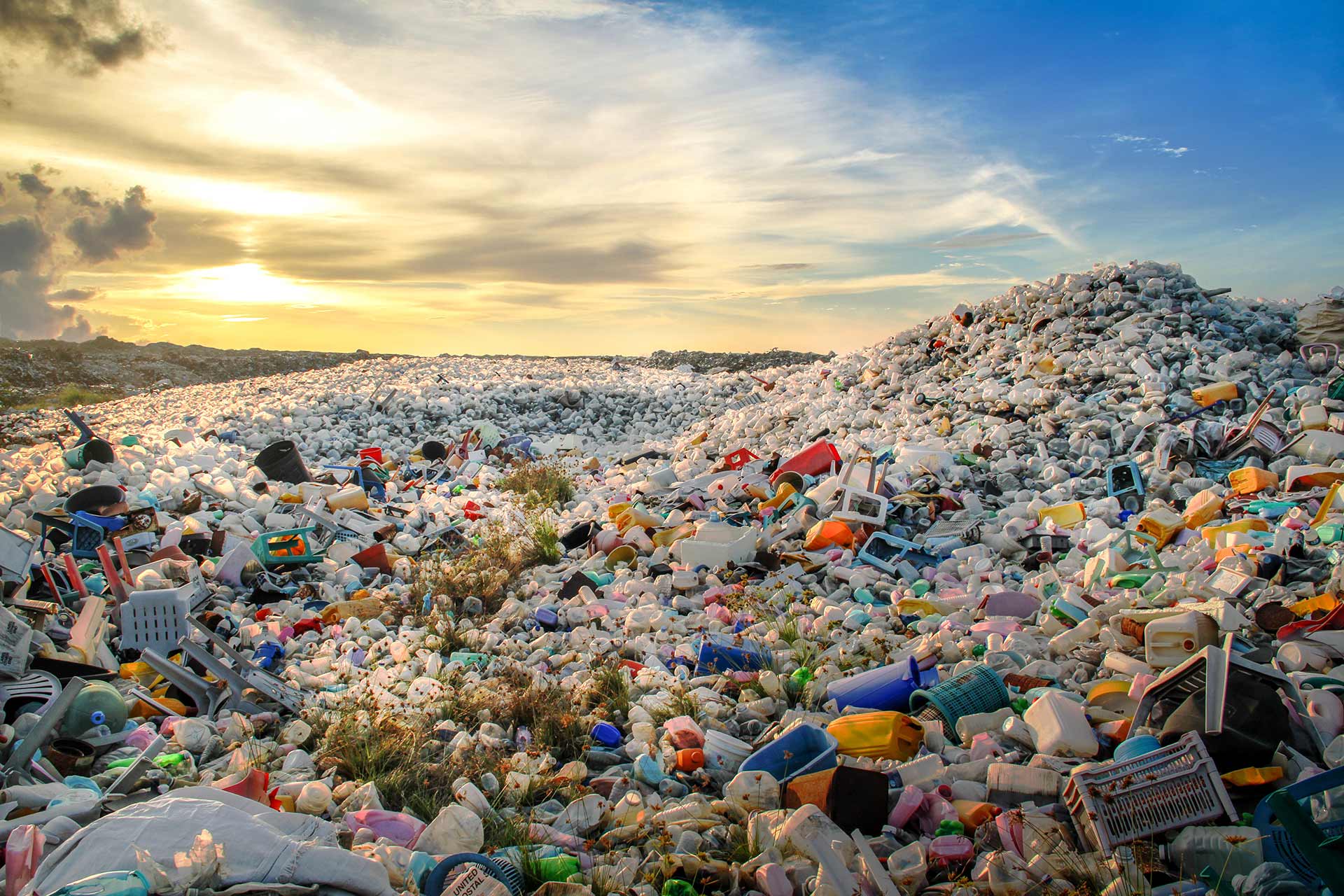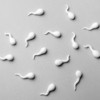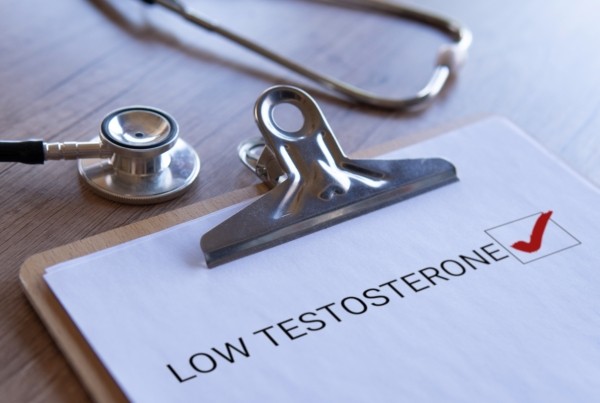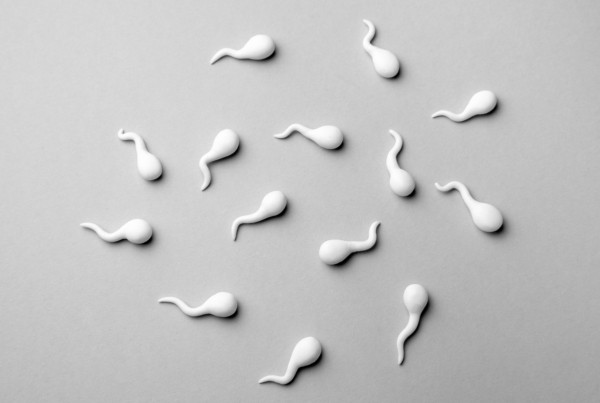If you have thrown yourself into trying for a baby, there can be a lot to think about. Everywhere you look you’ll find tips about healthy eating, quitting smoking, and even what style of underwear to buy. Although you may be aware of the impact of plastics from an environmental perspective, the mass use of plastics could also be affecting the quality of your sperm.
In this article, we will look at the connection between plastics and sperm quality, and consider easy life hacks that could help you reduce your plastic usage.
The Connection Between Plastics and Sperm
Plastic is an everyday item. It is cheap, lightweight, and can be used to package food, house our electronics, and even give cosmetics a boost. But the throw-away nature of plastics means that they are clogging up our oceans, piling up in landfill, and breaking down to release toxic particles that get into our food and water.
Phthalates are a group of chemicals found in plastics. They are used to make an item last longer, or to increase its transparency or flexibility. These chemicals can enter the human body in the food and drink we consume, as well as via the air we breathe and through skin absorption. As a result of this, phthalates can commonly be detected across the US population.
Given the extent of plastic pollution, scientists have been investigating whether exposure to plastic could be influencing sperm quality. In 2015, Michael Bloom and colleagues studied 473 men to assess whether exposure to phthalates could impact sperm quality. The researchers found that the presence of certain phthalates in the urine was associated with lower total sperm counts and concentrations, sperm with larger heads, and other changes to the structure of the sperm cells. It is important to note that this is early research, and further investigation is required to assess the link between phthalates and fertility.
How to Reduce Plastic Exposure
Modern life has a heavy reliance on plastics, and it is impossible to avoid exposure to the small components of this material. However, when trying to conceive, you may want to minimize plastic use when you can.
Invest in a reusable bottle
Buying a new plastic bottle of water every day is both unnecessary and expensive. Buy a metal or glass bottle and fill it up with fresh tap water to keep you hydrated on the go.
Decline straws
Unless you have a medical reason for using them, decline plastic straws. One straw might not seem like much, but Americans alone use 50 million drinking straws every day!
Take a reusable coffee cup
If you can’t get through the day without a takeaway coffee, get into the habit of taking a reusable cup with you. Disposable cups might feel like cardboard, but they’re often lined with plastic to avoid leaks.
Use glass storage containers
Plastic containers might seem like the easiest storage device, but when they’re heated in the microwave or dishwasher, chemicals may be leached into the food. Instead, try storing and heating food in glass containers.
Avoid excess packaging
Apples, potatoes and onions do not need to be bought in plastic bags! Choose packet-less options and feel good about your choice.
These simple swaps are cheap and manageable. Not only will you be reducing your exposure to unnecessary plastic, you’ll also be preventing excess plastic ending up in landfill (and leaching back into food and drink).
Final Thoughts
Although exposure to plastics could have an impact on sperm quality, it is unfortunately impossible to avoid plastic contamination altogether. However, if you want to make a few easy changes to reduce your exposure to plastic, there’s never been a better time.
If you are trying to conceive, it is now possible to find out more about your fertility in the privacy of your own home. The YO Home Sperm Test gives you a measure of your motile sperm concentration as well as a YO Score to help you understand more about your swimmers.







